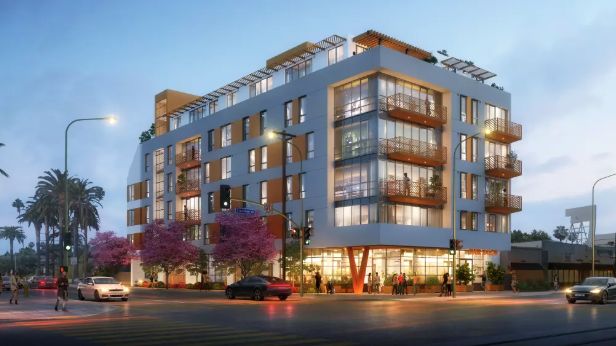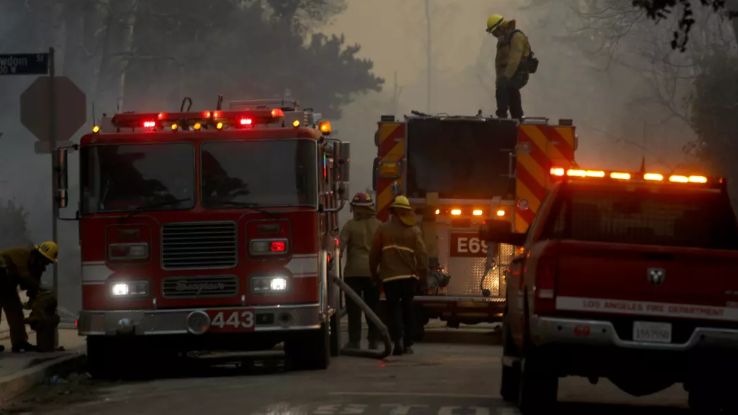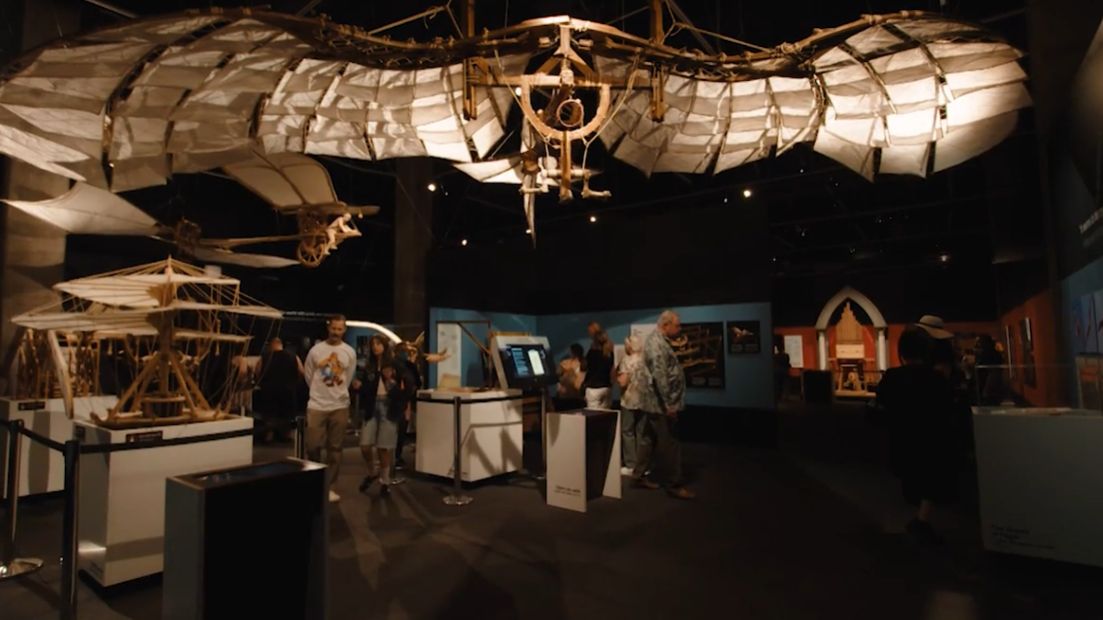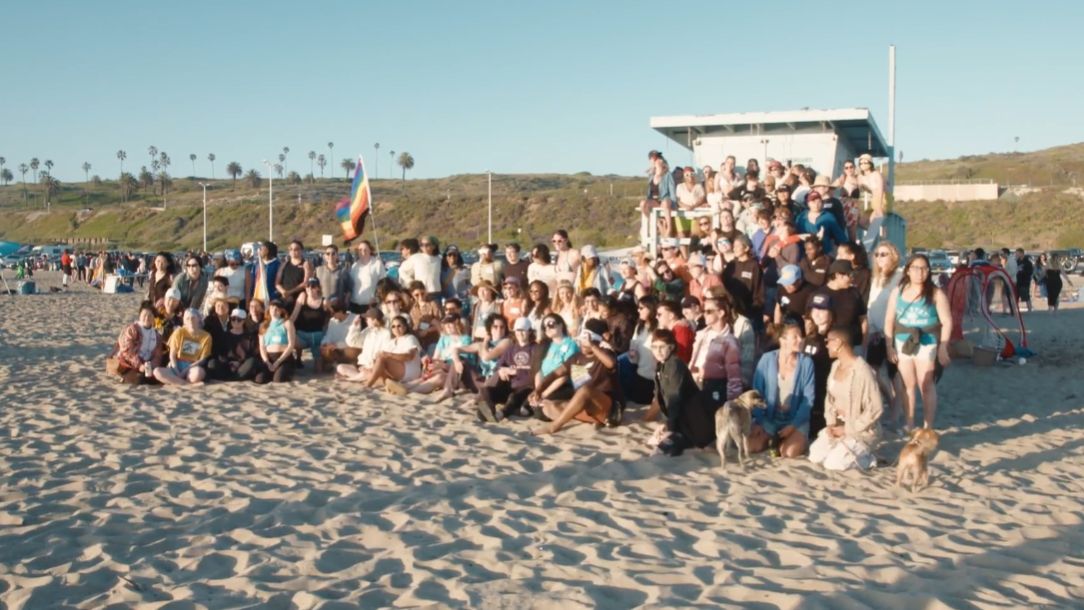When the coronavirus pandemic first broke out, no place was hit harder than New York City. At one point, the state had more cases than any country in the world.
One nurse who's been on the front lines is Camille Davis at Mount Sinai Hospital. She joined us last April and told us heartbreaking stories, not just of patients suffering from COVID, but of doctors and nurses performing heroic work. Nurse Davis joined Spectrum News 1 anchor, Lisa McRee on LA Times Today, to discuss COVID-19's impact one year later.
Health care workers have experienced an extraordinary stress level when handling the coronavirus pandemic, and Davis explained how she still worries about her mental health one year later.
"There was death in my eyes, and now you can't see it, but you can mask it," Davis said. "But my soul feels it because we are still struggling with resources. We are struggling with staffing issues. The structural shifts because I work in the intensive care unit, in a 14-bedded unit, and if all the beds are filled, the overflow of patients have to go to a different ICU. So, we only had a little break in the summer, and when Thanksgiving came, it was just the same. It is still stressful; we are still going through challenging situations."
Even though the pandemic has affected her mental health, Davis said she has not been able to deal with her emotions because of how busy work has been.
"We forget that we are still here. The health care workers are still here; the doctors, aides, the business associates, the clerks, the managers, even the people that clean the rooms. It is overwhelming to see the garbage that you have to discard after visiting a patient. It is overwhelming, and I cannot wait for it to be over. When can we heal?"
Regarding personal protective equipment, Davis said she and her team were always prepared but believes there needs to be better safety tips for the general public.
"One thing about the communication toward the world that did not come out was that you still have to protect your eyes, because if you are wearing a mask and someone is talking to you without a mask, they can put droplets into your eyes," said Davis. "So whenever someone comes on the unit, they have to wear eye protection. The conditions are somewhat less, but the capacity is still there."
When Davis heard about the state's reopening and mask mandates being canceled around the country, she was shocked.
"We are still experiencing a high workload of patients coming in. We've had a husband and a wife in separate rooms with the wife dying and the husband dying a day after, all because someone went to a barbecue. That a younger person put their grandparents at risk is disgusting. Even I have family members who have some little apprehension about the virus, and I tell them I have wrapped bodies that I do not understand. They may not be seeing it, but it will not affect them until someone in their family dies."
Davis has received both doses of the coronavirus vaccine and encouraged others to get it.
"I am hopeful because I got my vaccine. Some staff members show vaccine hesitancy, and I think that has to do with communication and education. But remember, they have been there a year, and when they go home, who knows if they are watching the news. With my facility, we are doing frequent town halls trying to talk to people. When you have a lot of communication and education, and you hear the stories of why people have gotten the vaccine, it may encourage you too, to get the vaccine."
Along with handling the pandemic, Davis is also training to deal with an outbreak of Ebola in Africa.
"We always have to be prepared," she said. "Ebola is worse than COVID. We pray that it never comes back onto U.S. soil. But preparation is the key. We got a small preparation for COVID, but now we are the masters; we still have to be safe constantly, we still have to think of the possibilities. I would encourage everyone during this COVID situation to be mindful."











